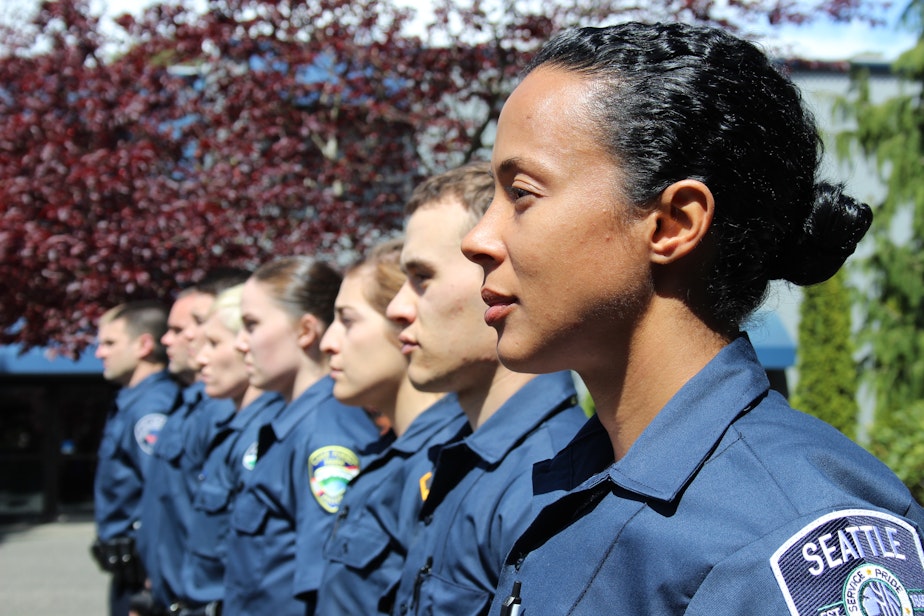Police oversight plan too complicated, Seattle chief says

After years of work, the Seattle City Council is finally going to vote on police accountability legislation.
A council committee is expected to vote on the bill Thursday and it's expected to go to the full council next week.
But, there are still disagreements on what the legislation should include. Police chief Kathleen O'Toole and city attorney Pete Holmes are asking for major changes to the reform legislation.
In separate letters sent to council members, Holmes and O'Toole say the legislation is overly complex and that the oversight structure it outlines should be simplified.
O'Toole writes:
Sponsored
To the extent that the legislation contemplates a level of authority (whether explicit or tacitly enabled through political pressure) to change policy, training, or systems for continual reform that were established under the Consent Decree, I question whether the legislation is truly compatible with the intent of the court order.
She goes on to say:
I am struck by the abject complexity of the proposed model, which seems destined to mire what should be a simple, efficient process for ensuring timely and collaborative dialogue in a tangle of bureaucratic process. For example, as I attempted to graph out the processes described, I was left with a series of arrows pointing every which way.
Holmes also commented on the complexity of the structure. He, like O’Toole, suggests centralizing recommendations about Seattle Police Department training, policies and practices through the Office of Inspector General.
The legislation has several bodies in charge of giving recommendations in an attempt to provide checks and balances.
Sponsored
Holmes goes on to say that civilian oversight is crucial, but he has a number of issues with the proposal to expand the Community Police Commission.
"My suggestion is that the council might want to pause [and] re-examine what are the basic elements of a civilian oversight system to hold our police officers accountable," Holmes said in an interview.
But Lisa Daugaard, a member of the Community Police Commission, said now is not the time to pause the process.
"There's nothing to say that if it doesn't work well that it can't be fixed. But we do need to get started and we need to end the debate about whether to get started," Daugaard said.
Daugaard said she's hoping the council will strengthen the role of the CPC when they vote on the legislation.
Sponsored
The legislation will likely be amended in committee Thursday and when it goes to a full council vote.
